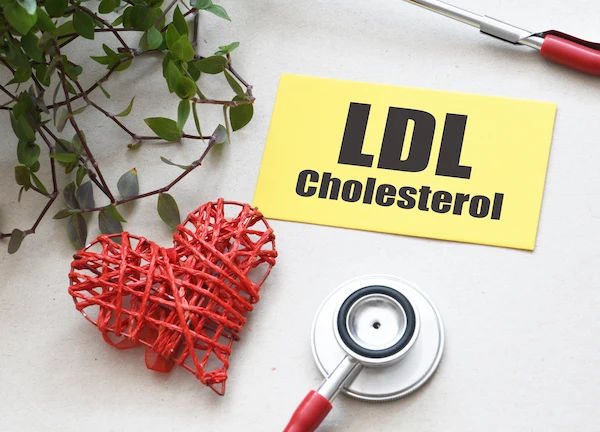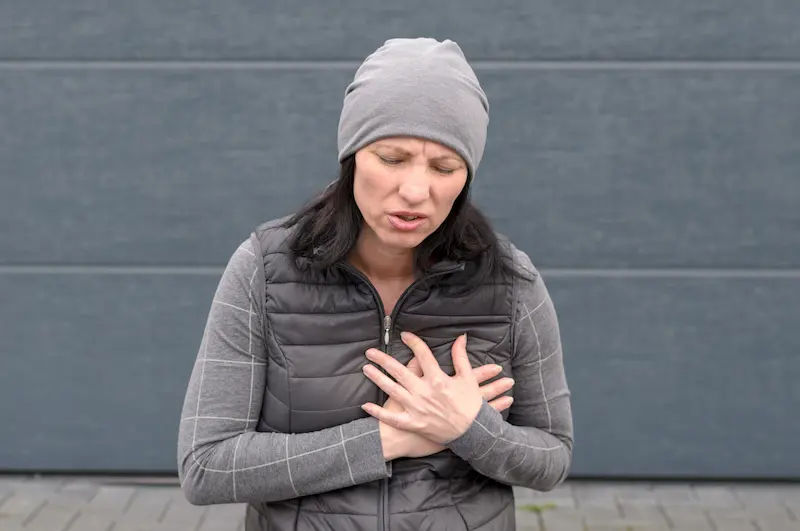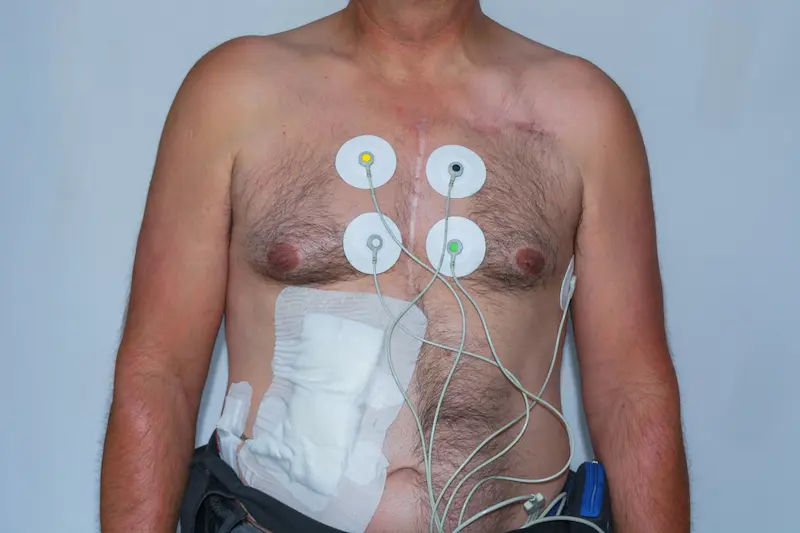- male
- 76 Years
- 07/02/2025
My dad's 76 and a few years back he was diagnosed with triple vessel coronary artery disease and lmca disease. Three years ago, he had an angioplasty and got a stent put in for one of his major artery blocks. The cardiologist suggested we manage the two other 100% blocks with medical management instead of more procedures because of some complications. Small hitch though, post-angioplasty, his kidneys were affected and his creatine level hit 1.6. He's been maintaining it between 1.6 to 1.8 with a strict diet for almost three years now. Recently, his cardiologist changed up his meds to boost his heart function and put him on Isolazine. Now, his blood pressures gone up and one of his legs is swelling. I'm stuck wondering if its fluid retention but is it from his heart or his kidneys acting up? Should we be worried about Isolazine for his kidney health? Hes been on it for around four months. Could it be related? What's your take on this?
Answered by 1 Apollo Doctors
Isolazine is not recommended for patients with kidney issues, as it can potentially worsen kidney function and cause fluid retention, which may present as leg swelling. It is advisable to stop Isolazine and consult with the cardiologist for an alternative medication that is safer for kidney function. In the meantime, it is important to monitor his blood pressure closely and manage any fluid retention symptoms.
Dr. Dr Khaleel Suggests...
Consult a Cardiologist
Answered 04/07/2025
0
0

More Cardiology Health Queries
View allI've noticed my resting heart rate has been a bit higher than usual, usually between 90 and 110. Sometimes it goes over 100, although not too often. I'm wondering if this is normal or if I should be concerned? I had an ECHO last month, and it was normal. At what point should I think about this as potentially dangerous arrhythmia?
An arrhythmia can be dangerous if it leads to symptoms such as chest pain, fainting, dizziness, or shortness of breath. The frequency of arrhythmia that could be considered dangerous varies depending on the type and underlying cause. In your case, with a resting heart rate consistently between 90-110 and occasionally above 100, it is advisable to monitor it closely. Since your ECHO was normal last month, it is reassuring that there are no structural abnormalities with your heart. However, given the increased resting heart rate, it would be prudent to consult a healthcare provider for further evaluation. In the meantime, you can consider taking a beta-blocker medication like Metoprolol at a low dose of 25mg once daily to help control your heart rate.
Answered by 1 Apollo Doctors
I'm feeling really bloated and my stomach is causing me some breathing troubles. On top of that, I'm suddenly experiencing a lot of anxiety. Could this be linked to a heart problem? I'm really concerned and would love some insight.
Visit Cardiologist for evaluation and management
Answered by 1 Apollo Doctors
I've been experiencing this weird right chest pain for the past three days, and it's been bothering me quite a bit. It even seems to make my hand hurt, which is really concerning. I'm not sure what's causing this discomfort. Could it be something serious, or is it just some kind of acdt problem? I'm not really familiar with what that means. What should I do?
take tablet zerodol ,twice a day for 3 days
Answered by 1 Apollo Doctors
Disclaimer: Answers on Apollo 247 are not intended to replace your doctor advice. Always seek help of a professional doctor in case of an medical emergency or ailment.

.webp)



